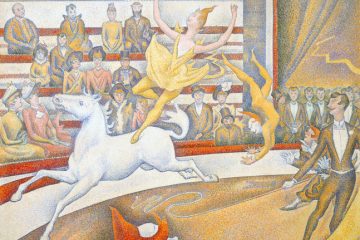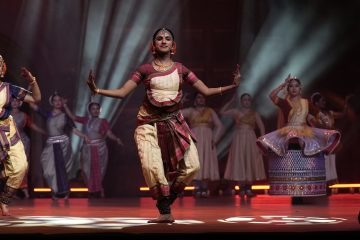The 10th session of the UNESCO 2003 Convention’s General Assembly was an opportunity for ENFP network members to get together for a convivial moment, followed by a meeting at UNESCO headquarters in Paris. The meeting in a hybrid format allowed colleagues to join online as well. The members of the European Network of Focal Points for the 2003 Convention were able to chat over coffee and pastries before listening to interesting presentations on the development of the network and on ongoing reflections around the 2003 Convention. Notable here were the multiple developments around synergy and integration of our work related to cultural policies and the different UNESCO Conventions.
Naples Conference and the search for synergy between conventions
Last May, an initial meeting on the reporting process for the 2005 Convention and the links to be made with the 2003 Convention was organised online. Questions about the synergies between the 2003 Convention (for the Safeguarding of the Intangible Cultural Heritage) and the 2005 Convention (on the Protection and Promotion of the Diversity of Cultural Expressions) are increasingly being raised by governments and the UNESCO secretariat alike. Present at the meeting, Doyun Lee and Laura Nonn, who work at the Diversity of Cultural Expressions Entity, were able to enlighten the members by sharing updates and their experience of the issue.
In the same vein, Elena Sinibaldi (FP Italy) reported on the Naples conference on “Cultural heritage in the 21st century“ and its call to action that was launched last October 2023. During this event, the search for a more holistic vision of heritage and a synergy between the1972 and 2003 conventions (concerning the protection of world cultural and natural heritage, and living heritage respectively) was developed and put forward. This search for a holistic and inclusive perspective involves all the stakeholders of the Conventions (States Parties, NGOs, communities, practitioners, etc.). Their views and approaches may inspire an innovative approach to heritage that takes account of the close relationship between nature and culture, the tangible and the intangible, heritage and creativity. Overall, the aim is to develop a new vision that looks at heritage in its various forms, encouraging new ways of safeguarding through the active participation of communities: heritage as a driving force for sustainable development, peace and stability.
The search for synergies between the various UNESCO heritage conventions is a highly topical subject, which we have not finished exploring and which will no doubt be the subject of many more discussions.
Governance and renewal of the Steering Committee
The meeting also provided an opportunity to look at the process of renewing the ENFP steering committee. The steering committee has a very important role within the network, since it supervises activities, organises meetings, manages communications and acts as a link between the network and the secretariats of the 2003 Convention.
During the network’s first few years, the members chose to operate as an informal group, encouraging optimised exchanges and dynamism between members. So, in 2021, a group of 9 people was formed to coordinate the network.
After 3 years of activity, the time has come to take stock and to renew or reaffirm the role of the steering committee and its members. To this end, a call has been launched to network members wishing to collaborate on this issue. To promote transparency and inclusion for all, the new procedure will be communicated to members, who will be able to make comments and share their ideas and feedback.
What's new in the network
Finally, time was set aside for communication from members. Naira Kilichyan (FP Armenia) presented a video from the series “The Birth of Craft” produced by the Hovhannes Sharambeyan Museum of Folk Art with the support of the Ministry of Education, Science, Culture and Sports of the Republic of Armenia and dedicated to the 20th anniversary of the 2003 Convention. This series is an excellent example of how new technologies can be used to raise awareness and promote intangible heritage and traditional skills.
Sophie Muyllaert (FP Flanders, Belgium) presented the initiative to develop a category 2 centre in Europe Electoral Group 1 (Western Europe and North America). Although still at an initial stage, this project could be a real asset for the network, complementing the work of the Sofia Centre and further support the growing networking and collaboration in this European region.
Useful links:









